From Iran to China to Russia, there’s an escalating ‘cat-and-mouse’ game between the censors and those trying to evade them.
I want to talk about the battle that’s raging every day between people who want to censor online content and those who want to protect access to a free and open internet.
It also relates to a recent scoop about a new Google product that’s designed to make it easier for developers to build censorship-resistant apps. I’ve said it before and I’ll say it again: this is a space worth paying attention to.

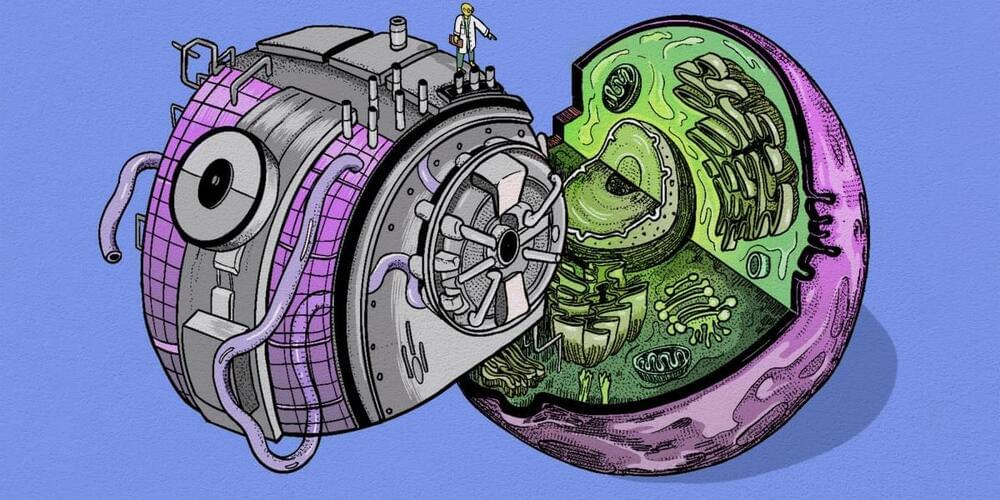

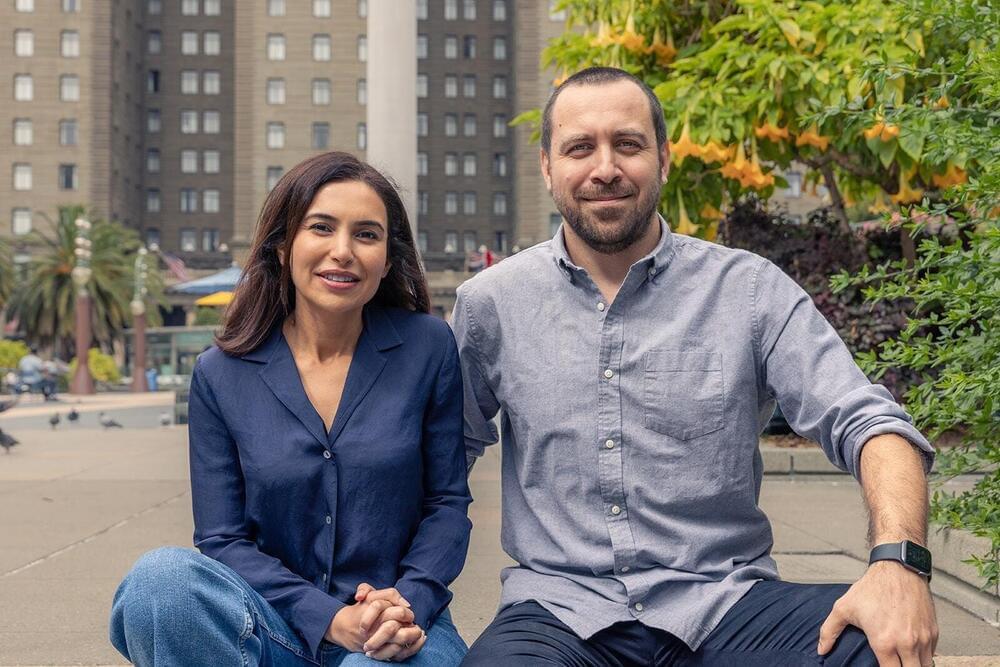

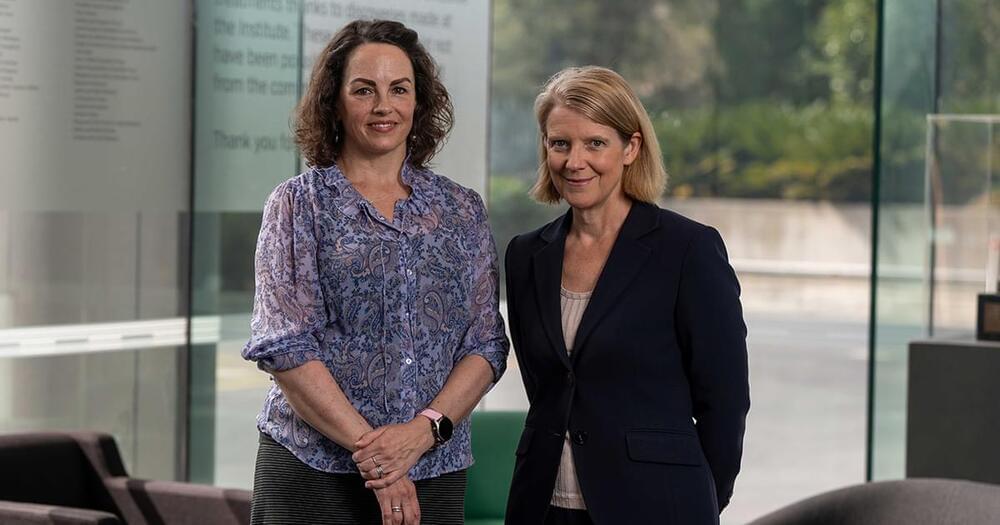
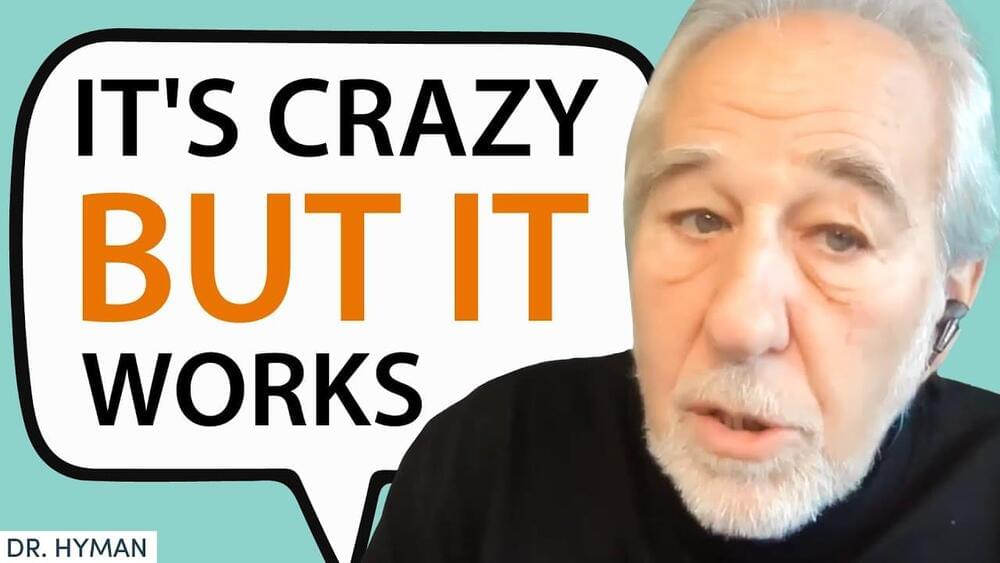

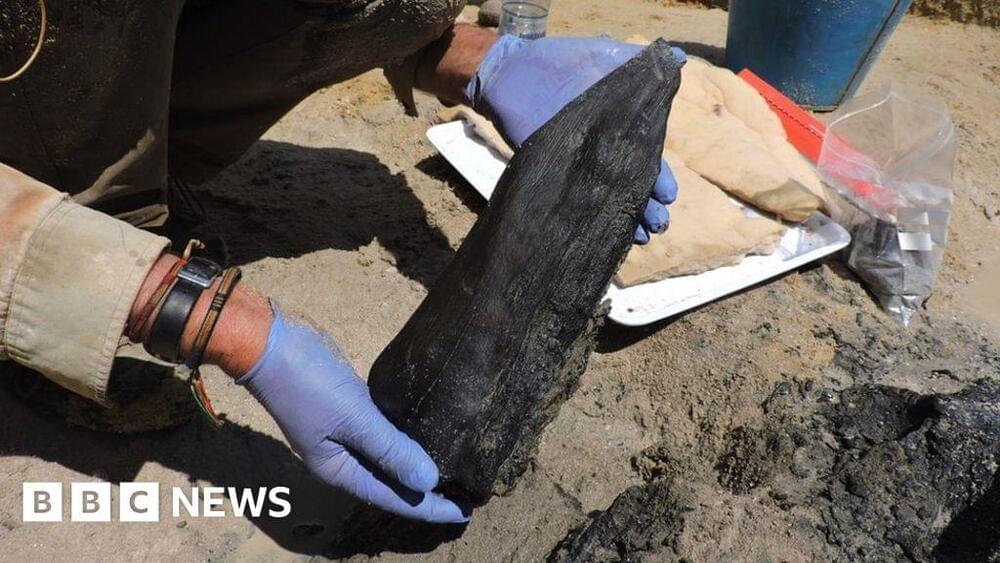
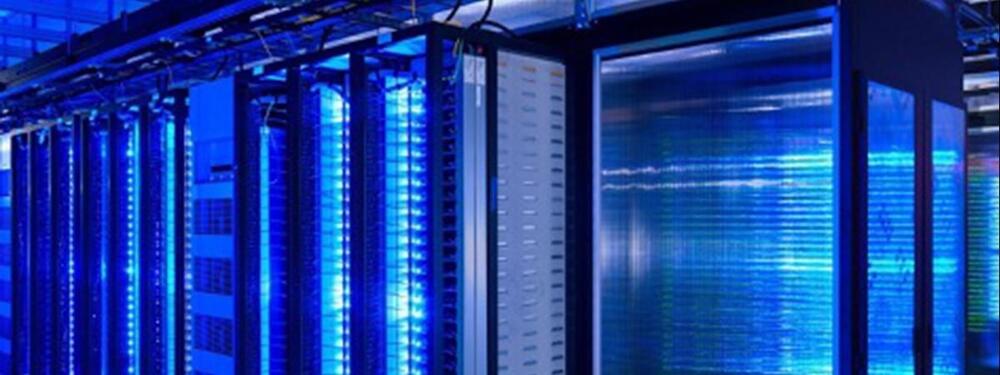



 Year 2022
Year 2022